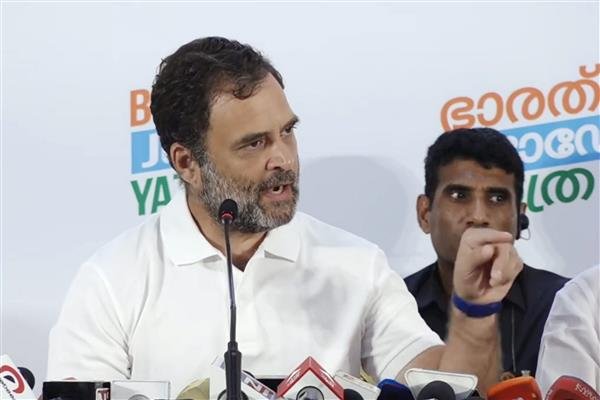Health officials in Tripura are on high alert as an unexpected outbreak of dengue grips villages near Sepahijala district. The state has issued a dengue alert for the entire region following a significant increase in cases. According to Dr. Supriya Mallik, the Director of Preventive Medicine, as of Friday, 182 individuals have been admitted to hospitals for treatment.
In response to the outbreak, the government is taking swift action to prevent further spread of the disease. Dr. Mallik reassured the public not to panic, emphasizing that necessary efforts are underway to control the situation effectively. While one death has been reported, investigations are ongoing to determine the exact cause and ascertain if it was due to dengue or other infections.
The primary culprit behind dengue transmission is the Aedes mosquito, which has been found in the affected villages. Breeding sites have been identified in open areas, including stored water and rubber plantations, contributing to the rise in mosquito populations.
Traditionally, Tripura has seen dengue cases primarily in travelers coming from major cities such as Delhi, Kolkata, and Chennai. However, the current outbreak indicates a shift in the dynamics of dengue transmission, as local infections are becoming more prevalent.
To combat the outbreak, the health department has implemented a series of proactive measures. Door-to-door testing has been intensified to identify and isolate cases promptly. Moreover, extensive awareness campaigns on dengue prevention and symptom recognition have been launched to educate residents about the disease.
Medical camps have been set up in the affected regions to provide medical attention to those in need and to further disseminate essential information about dengue prevention. These camps serve as a vital resource for early detection and treatment, ensuring that infected individuals receive timely care.
Recognizing the importance of border vigilance, the state government has stationed medical teams at all land ports to closely monitor travelers coming from neighboring countries like Bangladesh. These efforts are aimed at detecting potential cases and preventing the introduction of new infections.
As the situation remains fluid, the government is prepared to implement additional preventive measures based on the evolving outbreak dynamics. Heightened surveillance, community engagement, and resource mobilization are integral to curbing the spread of the disease and mitigating its impact on public health.
The dengue outbreak in Tripura has triggered a state-wide alert, prompting health authorities to take decisive action. By focusing on preventive measures, early detection, and public awareness campaigns, the government aims to contain the outbreak and safeguard the health and well-being of its citizens. Swift and concerted efforts are essential to combat the growing threat of dengue and protect the state from further transmission.














